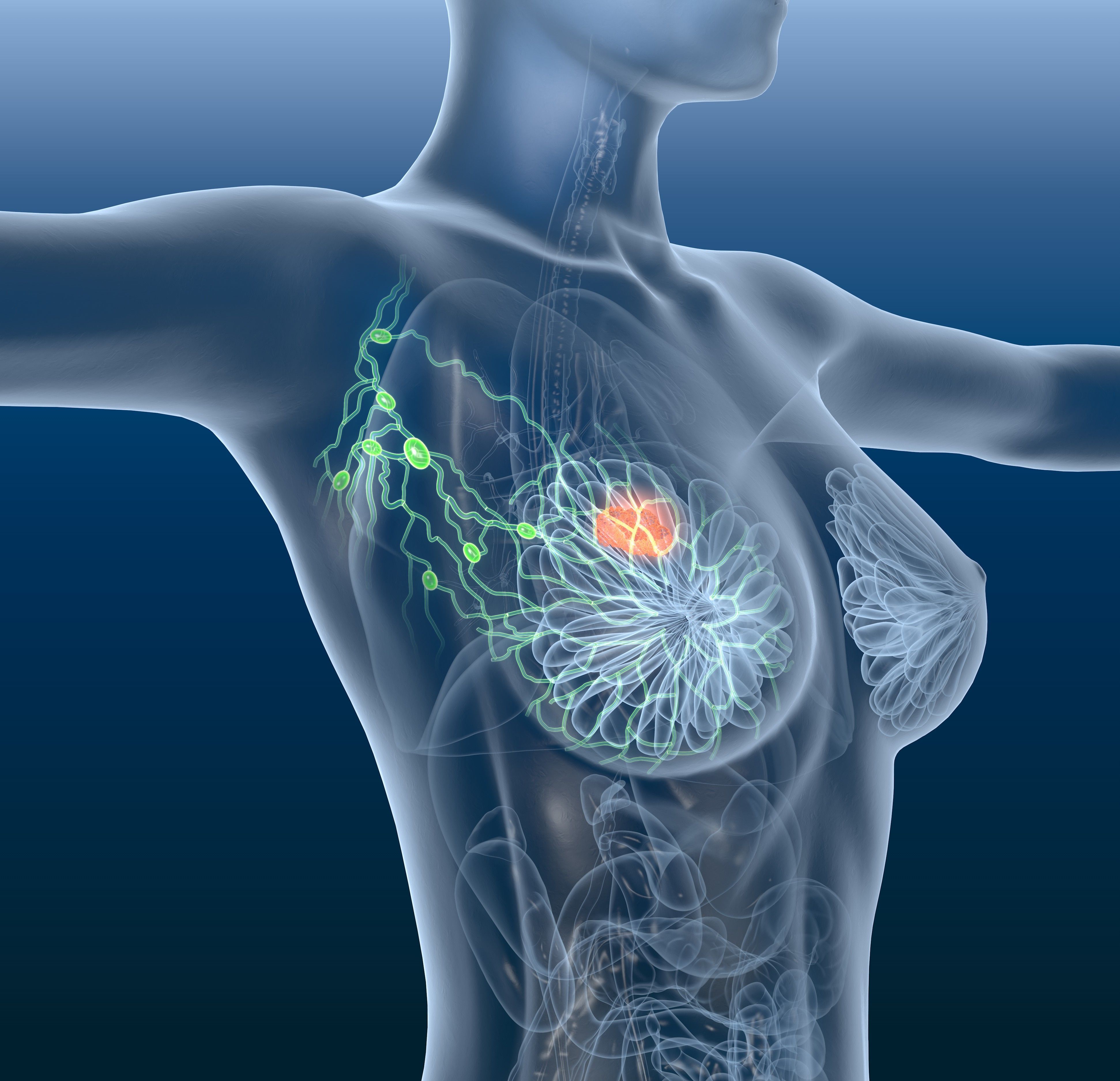
Prognostic and cancer treatment–related factors may be predictive of health-related quality of life (HRQOL), which is associated with risk of mortality among survivors of breast cancer, according to a study published in the American Cancer Society Journal.
When assessed at an average of 4.9 years after a breast cancer diagnosis, the HRQOL was negatively associated with a higher cancer stage at diagnosis, a higher comorbidity score, surgical complications, dissatisfaction with breast surgery, and any recent recurrence, metastasis, or secondary malignancy.
“Survivors’ physical HRQOL was also associated with receipt of breast reconstruction surgery and adjuvant treatment. Our findings also suggest that HRQOL measured after breast cancer is associated with survivors’ mortality even after adjustments for prognostic factor and cancer treatment,” the investigators wrote.
The study enrolled 2453 women between ages 28 to 80 who were diagnosed with ductal carcinoma in situ (DCIS) or invasive breast cancer. Most women were non-Hispanic White and highly educated. Most were married, employed, and had health insurance at the time of diagnosis. In total, 13% of women who enrolled on the study had a prior history of cancer aside from breast cancer or nonmelanoma skin cancer.
The physical HRQOL mean score was 51.50 (95% CI, 51.18-51.83) and the mental HRQOL score was 51.56 (95% CI, 51.20-51.92). These findings demonstrated a higher HRQOL than the general United States population.
In the study, 20% of women were classified by the American Joint Committee on Cancer as being stage 0, 46% were stage I, 25% were stage II, 8% were stage III, and 1% were stage IV at diagnosis. Twelve months before the survey, 5% of patients reported recurrence, metastasis, or secondary malignancy.
When patients initially underwent treatment for cancer, 2% had received a lumpectomy or breast conserving surgery (BCS) alone, 17% had undergone mastectomy without adjuvant therapy, 31% had received radiation with or without breast surgery, and 51% had received any chemotherapy with or without breast surgery. Additionally, 88% of survivors with estrogen receptor (ER)– or progesterone receptor(PR)–positive cancer received endocrine therapy, 67% of whom had a comorbidity score of 0. Approximately, 15% of patients who underwent surgery experienced surgical complication. The majority, however, reported that they were happy with their mastectomy or reconstruction surgery.
Survivors who had been diagnosed with a higher cancer stage had lower mean T scores for physical and mental health than those who had been diagnosed at a lower stage. The physical mean T score for those who underwent a lumpectomy or BCS and who received any chemotherapy was 3.69 points lower than those who underwent a lumpectomy alone (95% CI, -6.29 to -1.10).
Among those who underwent mastectomy, receiving breast reconstruction surgery was associated with higher T scores for physical health (mean difference, -1.44; 95% CI, -2.54 to -0.34). Those who experienced any recurrence, metastasis, or secondary malignancy within the 12 months before the study had lower mean T scores than those who did not for both physical health (mean difference, -4.84; 95% CI, -6.38 to -3.30) and mental health (mean difference -3.45; 95% CI, -5.18 to -1.72).
Among survivors who underwent breast surgery, experiencing surgical complication during or after surgery was inversely associated with T scores. Additionally, dissatisfaction with mastectomy or reconstruction surgery was associated with lower mean T scores. When comparing, ER- or PR-positive and ER- or PR-negative, the ER- or PR-negative population had lower mean T scores (mean difference -1.19; 95% CI, -2.31 to -0.08). Investigators did not identify a statically significant difference between those who received adjuvant chemotherapy or radiation therapy, with lower mean T scores observed with invasive breast cancer.
Patients who had received breast surgery, been diagnosed of lymphedema, and been diagnosis of neuropathy after completing chemotherapy had lower mean T scores. Additionally, those who had a diagnosis of heart disease and osteoporosis after breast cancer, as well as undergoing treatment for anxiety and depression were negatively associated with estimated mean T scores.
Since the survey, 85 deaths (3.5%) have occurred with an average of 4 years of follow-up. Those who died had reported lower mean T scores than those who did not, with a physical score of 42.6 vs 51.8 and a mental score of 46.4 vs 51.7. A decrease in PROMIS T physical scores (HR, 1.08; 95% CI, 1.05-1.11) and mental scores (HR, 1.03; 95% CI, 1.01-1.06) was also associated with increased mortality.
Those who had a poor physical HRQOL with a T score of less than 1 SD had an increased mortality compared with those who had good physical HRQOL (HR, 3.14; 95% CI, 1.92-5.14). An association was also identified between poor mental HRQOL and increased mortality (HR, 2.24; 95% CI, 1.31-3.84).
Reference
Park J, Rodriguez JL, O'Brien KM, et al. Health-related quality of life outcomes among breast cancer survivors. Cancer. 2021;127(7):1114-1125. doi:10.1002/cncr.33348
"breast" - Google News
September 03, 2021 at 03:09AM
https://ift.tt/3zGAy8q
Poor Health-Related Quality of Life May be Associated With Increased Mortality Among Breast Cancer Survivors - Cancer Network
"breast" - Google News
https://ift.tt/2ImtPYC
https://ift.tt/2Wle22m
Bagikan Berita Ini














0 Response to "Poor Health-Related Quality of Life May be Associated With Increased Mortality Among Breast Cancer Survivors - Cancer Network"
Post a Comment